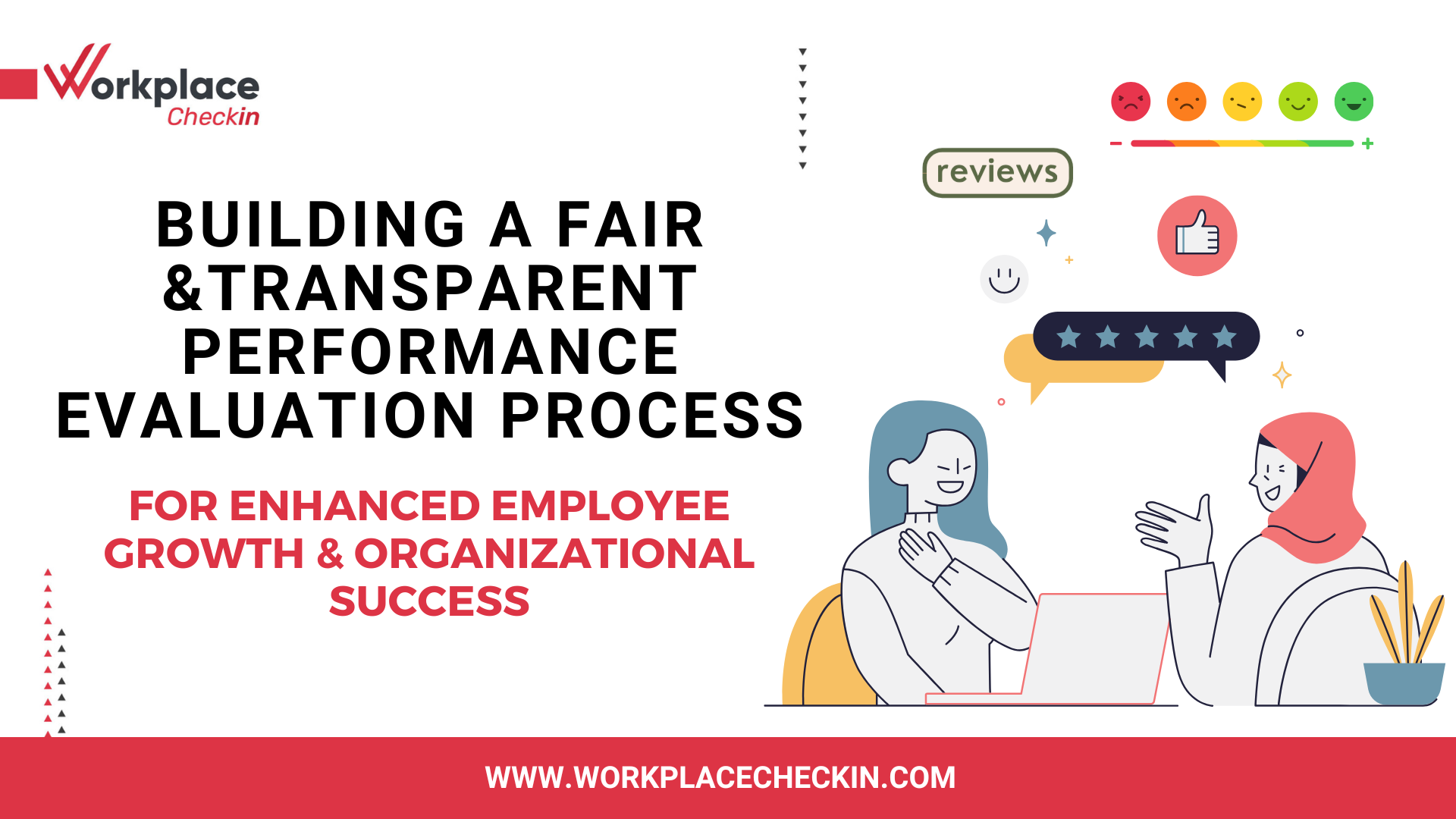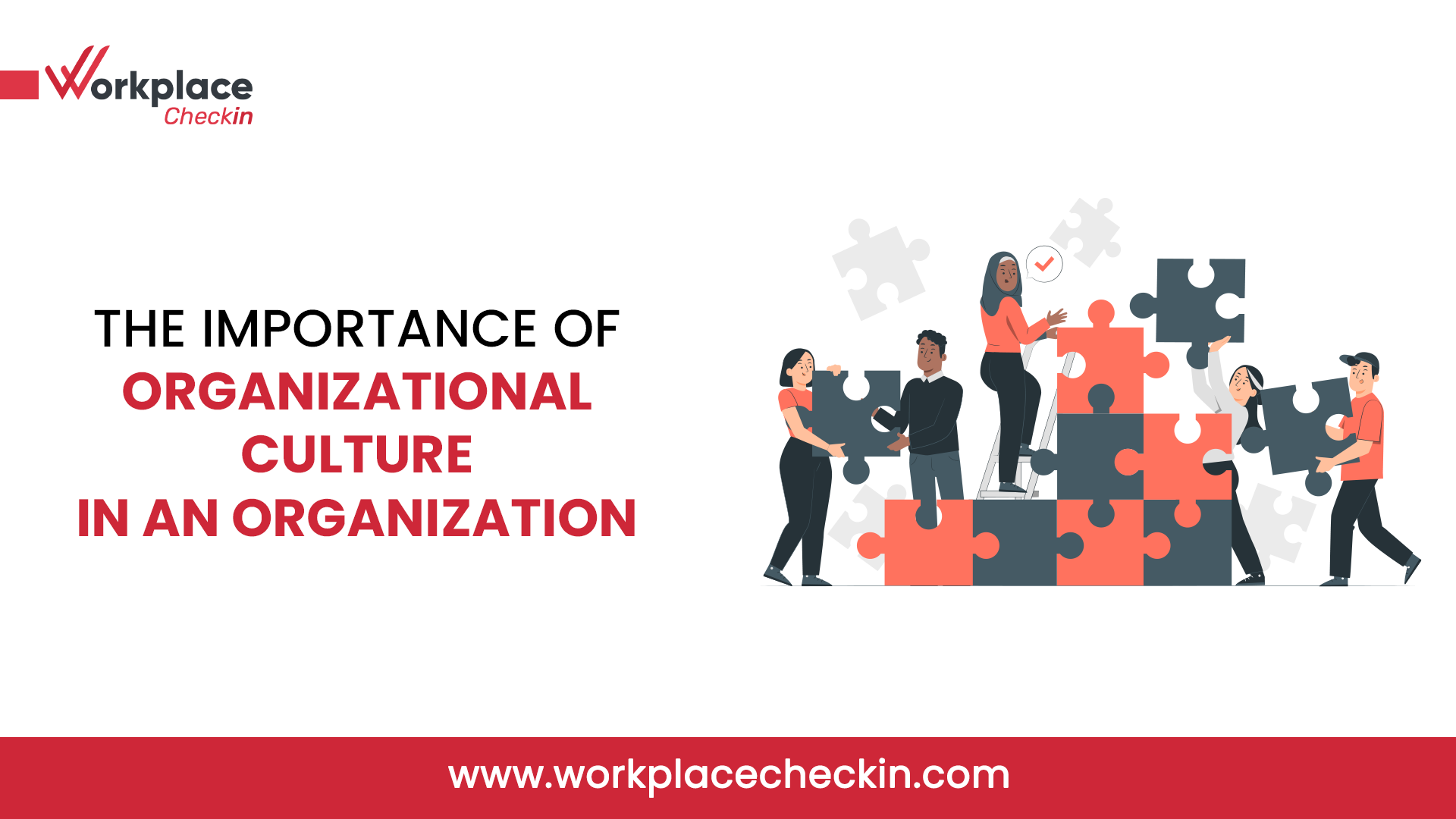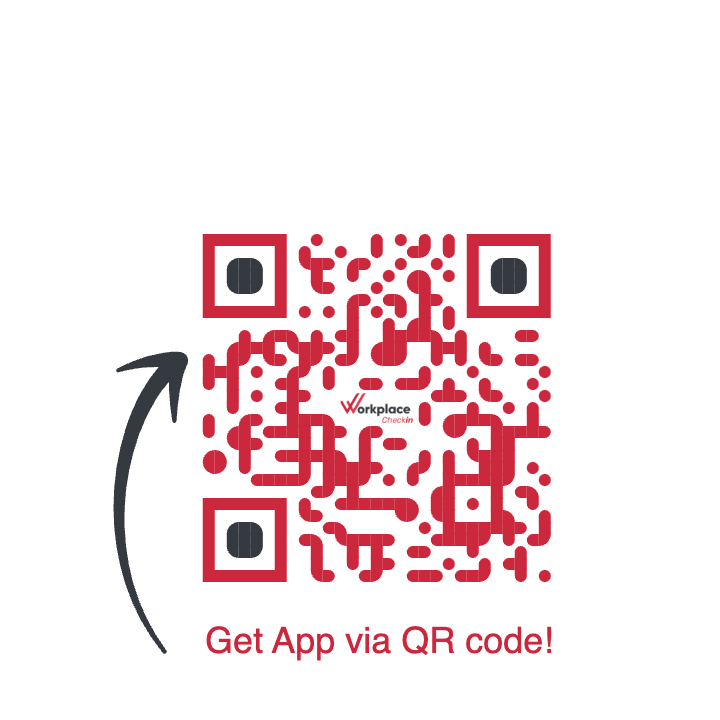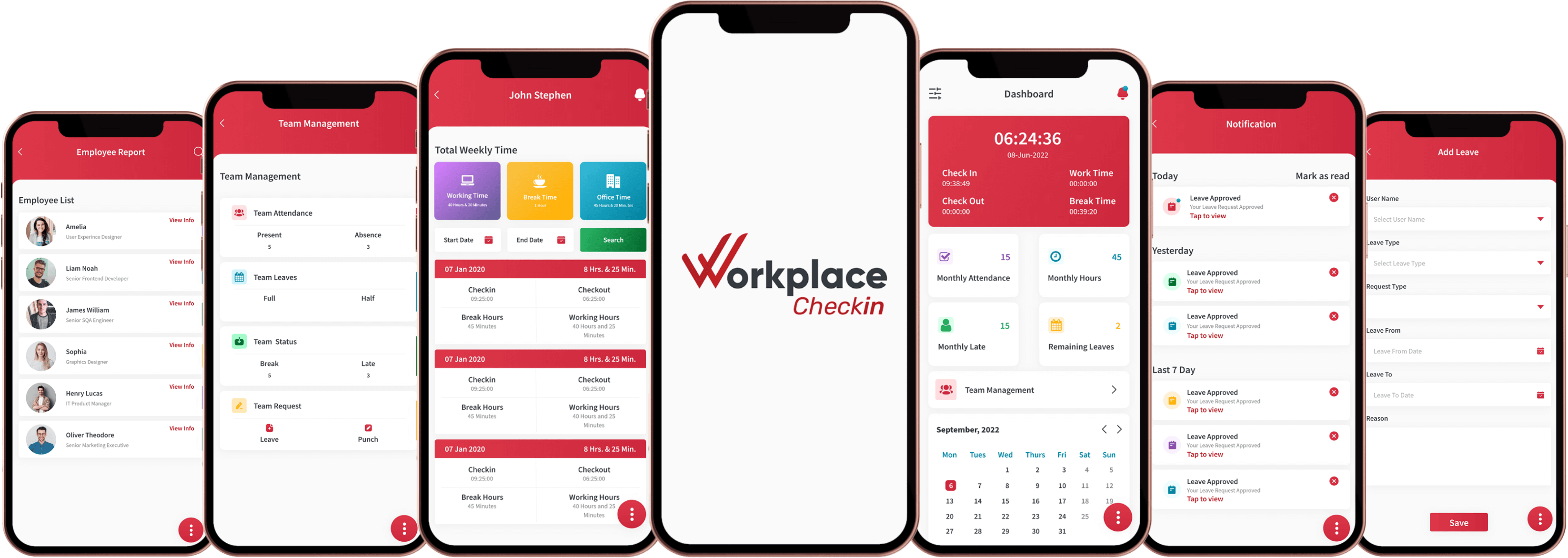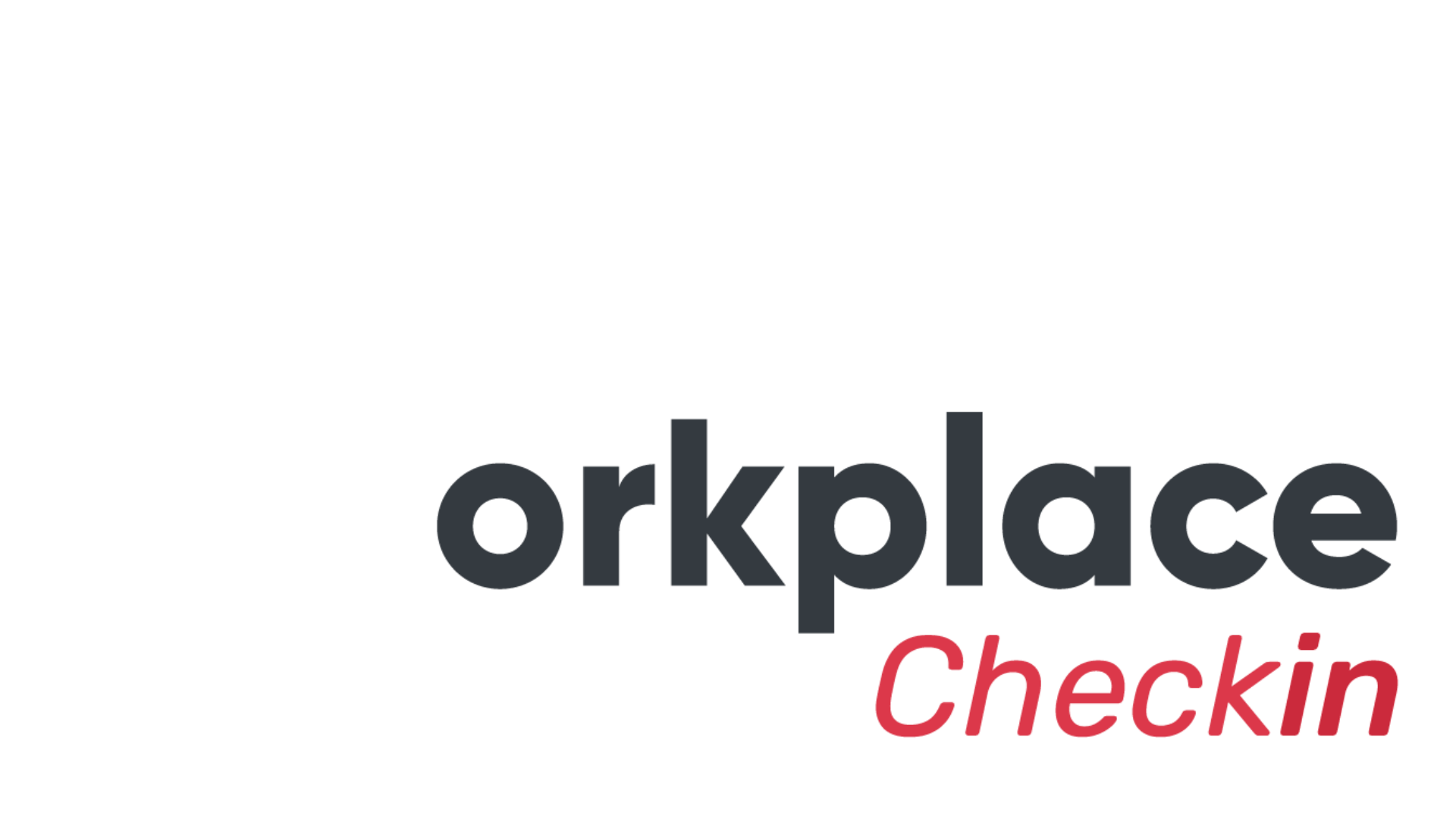

Embracing the Future: 7 Important Human Resources Trends of 2024
In the ever-evolving landscape of business, Human Resources (HR) functions play a crucial role in shaping organizational success and employee well-being. As we step into 2024, amidst a backdrop of unprecedented technological advancements, shifting demographics in the workforce, and evolving workplace dynamics catalyzed by global events, the HR domain finds itself at the forefront of transformative change. It's within this context that we explore seven pivotal HR trends that are not only shaping but redefining the future of work in 2024:

Remote Work Optimization:
The COVID-19 pandemic accelerated the adoption of remote work, and its legacy continues to influence HR strategies in 2024. Companies are optimizing remote work arrangements by investing in digital collaboration tools, virtual communication platforms, and cybersecurity measures. HR professionals are focusing on fostering a sense of belonging and maintaining productivity among remote teams through innovative engagement initiatives and flexible work policies.
AI-Powered Recruitment:
Artificial Intelligence (AI) is revolutionizing the recruitment process, making it more efficient and unbiased. In 2024, HR departments are leveraging AI-driven tools for resume screening, candidate assessment, and predictive analytics to identify top talent swiftly. This AI revolution extends beyond mere automation, as sophisticated algorithms analyze vast datasets to uncover nuanced insights into candidate suitability and potential. Moreover, AI algorithms are not only streamlining processes but also helping to mitigate biases in hiring decisions, promoting diversity, equity, and inclusion (DEI) within organizations by focusing on objective criteria and talent potential rather than subjective judgments.
Employee Experience Enhancement:
Recognizing the importance of employee experience in driving retention and performance, HR leaders are prioritizing initiatives to enhance the overall workplace experience. In 2024, organizations are going beyond conventional approaches and embracing innovative strategies to create environments where employees feel valued, empowered, and motivated to excel. This entails not only personalized onboarding experiences and continuous learning opportunities but also the integration of advanced technologies such as virtual reality (VR) and augmented reality (AR) to facilitate immersive training experiences. Additionally, holistic wellness programs are being expanded to encompass mental health support, mindfulness practices, and flexible work arrangements, fostering a culture of well-being that extends beyond physical health. Furthermore, career development pathways are evolving to provide employees with personalized growth trajectories, leveraging data analytics to identify skill gaps and offer tailored learning interventions. By investing in these multifaceted initiatives, organizations are not only enhancing employee well-being, engagement, and professional growth but also driving sustainable performance and organizational success.
Data-Driven HR Analytics:
Data analytics has become indispensable in HR decision-making, enabling organizations to derive actionable insights from vast amounts of workforce data. In 2024, HR professionals are leveraging advanced analytics tools and predictive modeling techniques to anticipate talent trends, identify retention risks, and optimize workforce planning strategies. Moreover, the integration of artificial intelligence (AI) and machine learning algorithms is revolutionizing HR analytics, enabling real-time monitoring of employee sentiments, performance patterns, and engagement levels. This dynamic approach not only facilitates proactive interventions to address emerging challenges but also empowers HR departments to align their strategies with broader organizational goals. By harnessing the power of data-driven insights, organizations can foster a culture of continuous improvement, drive innovation, and enhance employee satisfaction, thereby gaining a competitive edge in today's dynamic business landscape.

Agile Performance Management:
Traditional performance management systems are giving way to agile and continuous feedback approaches, heralding a paradigm shift in how organizations nurture employee growth and development. In 2024, HR departments are not only embracing real-time performance feedback mechanisms and regular check-ins but also leveraging advanced technologies such as artificial intelligence (AI) and sentiment analysis to capture nuanced insights into employee performance and engagement. Moreover, agile goal-setting frameworks are being integrated with cross-functional collaboration platforms, enabling seamless alignment of individual objectives with broader organizational goals. By prioritizing ongoing dialogue and coaching between managers and employees, organizations are not only fostering a culture of continuous improvement but also nurturing a sense of ownership and accountability among their workforce. This holistic approach to performance management empowers employees to adapt, innovate, and thrive in a rapidly changing environment, driving organizational agility and resilience in the face of evolving challenges.
Skills-Based Learning and Development:
Skills-Based Learning and Development: As the skills landscape evolves rapidly due to technological advancements and market demands, HR leaders are shifting their focus towards skills-based learning and development initiatives. In 2024, organizations are not only investing in upskilling and reskilling programs tailored to individual employee needs and organizational priorities but also embracing a culture of continuous learning and knowledge sharing. Moreover, innovative approaches such as gamified learning platforms, virtual reality (VR) simulations, and microlearning modules are gaining prominence, catering to diverse learning styles and preferences. By aligning learning initiatives with business objectives and emerging skill requirements, companies are not only future-proofing their workforce but also driving a culture of innovation and adaptability. This strategic investment in talent development not only enhances employee engagement and retention but also fosters a dynamic learning ecosystem that fuels organizational growth and competitiveness in an ever-changing marketplace.

Emphasis on Mental Health and Well-being:
Emphasis on Mental Health and Well-being: The pandemic has underscored the importance of prioritizing mental health and well-being in the workplace, prompting organizations to adopt a more proactive and comprehensive approach to supporting their employees' mental well-being. In 2024, HR departments are not only stepping up efforts to destigmatize mental health issues but also implementing a range of initiatives aimed at fostering a culture of psychological safety and resilience. These initiatives go beyond traditional support services to include proactive measures such as mental health awareness campaigns, resilience training, and peer support networks. Organizations are integrating mental health considerations into broader wellness programs, offering resources for stress management, mindfulness practices, and work-life balance. By prioritizing mental health and well-being, organizations are not only fulfilling their duty of care to employees but also reaping the benefits of a healthier, happier, and more productive workforce.
In conclusion, the HR landscape in 2024 is characterized by a convergence of technology, empathy, and strategic foresight. By embracing these seven key trends, organizations can navigate the complexities of the modern workplace, attract and retain top talent, and foster a culture of continuous growth and innovation. As we continue to adapt to changing realities, HR professionals remain at the forefront of driving positive change and shaping the future of work.
